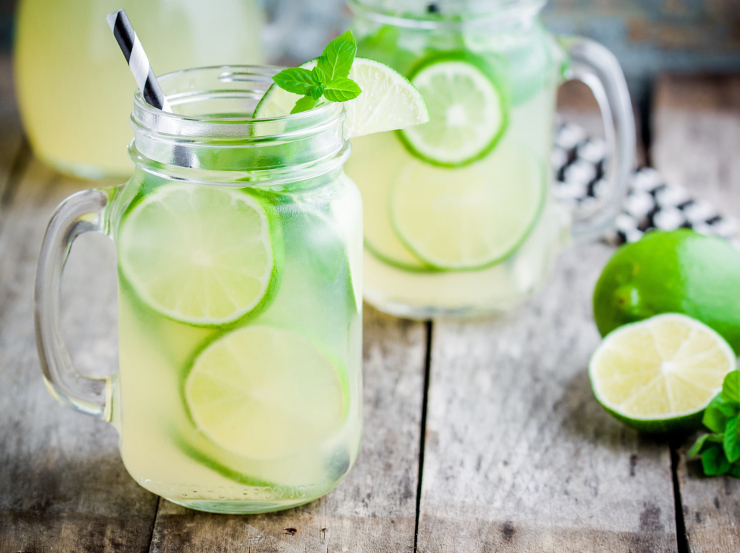What going tee-total can do for your health, wellbeing; and your wallet!
January is a time when many people will be looking towards their health & lifestyle and addressing factors which may be affecting overall wellbeing. Alcohol forms part of many celebrations, social events and mealtimes, especially over the festive period. Whilst alcohol can be enjoyed in moderation it is also important to raise awareness of how alcohol can affect your mental and physical health.
- Alcohol can contribute to anxiety and depression
- Alcohol is linked to certain health conditions. Drinking too much alcohol can lead to high blood pressure. [1]Consistently drinking more than 14 units per week over several years can lead to a number of alcohol related diseases such as stroke, heart disease, liver disease, cancer and damage to the nervous system. [2]
- Alcohol contributes to our energy intake so therefore can also lead to weight gain if consumed in excess. Alcohol provides 7kcal per gram and these are ‘empty calories’ as alcohol is of no nutritional benefit.

